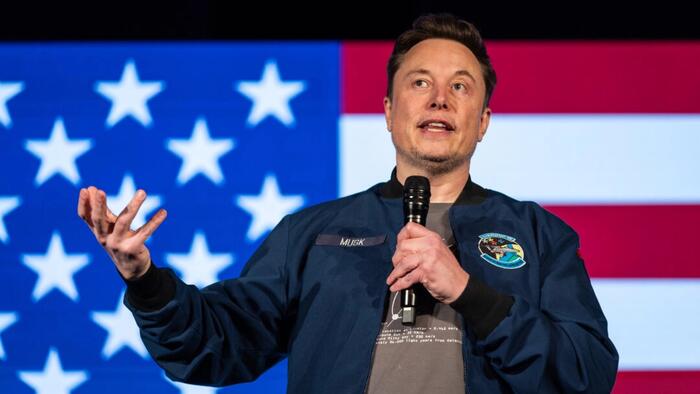In a recent ruling by Judge Angelo Foglietta of the Philadelphia County Court of Common Pleas, District Attorney Larry Krasner’s request to block a $1 million giveaway program associated with billionaire Elon Musk and America PAC was denied. The program has been running in the lead-up to the November 5 election and has drawn scrutiny from Krasner, who filed a civil lawsuit claiming the venture operated as an unlawful lottery, creating a public nuisance and breaching state consumer protection laws. The judge’s decision came after an emergency hearing prompted by Krasner’s actions, marking a significant development in a case that intertwines election law and consumer rights.
The legal dispute escalated after a brief hearing on October 31, during which Foglietta indicated he had lost jurisdiction after Musk sought to have the case removed to federal court. However, a federal judge promptly sent the case back to state court, and Foglietta scheduled a follow-up hearing for November 4. At this hearing, he stated that with the election less than a day away and the program still ongoing, he did not consider the issue moot. Notably, Musk himself was absent from the courtroom during this pivotal hearing, signaling a potentially hands-off approach amid escalating legal tensions.
During the proceedings, America PAC attorney Chris Gober presented a defense against Krasner’s claims, emphasizing that the giveaway was structured and not a random lottery as described by Musk. Gober’s argument hinged on the notion that the participants engaged with America PAC in a contractual arrangement whereby winners were selected from a predetermined pool of candidates—those who had signed the petition to qualify for the giveaway. The defense asserted that such a structure differentiates this program from a traditional lottery.
Further complicating the case were remarks from Krasner’s office, where attorney John Summers expressed concerns about the transparency of the program and the giveaway’s mechanics. He highlighted Musk’s public statements regarding the randomness of the selection process, arguing that the lack of clarity undermined the fairness of the giveaway and could mislead participants. In his closing argument, Summers maintained that the defendants’ approach effectively defrauded numerous Philadelphians by obscuring the true nature of the program, which he claimed was not as random as it was portrayed.
On the opposing side, attorney Andy Taylor defended the PAC by invoking the First Amendment, arguing that Krasner’s request amounted to a censorship of political speech. He likened the process for selecting winners to a job application rather than a lottery, thereby framing the giveaway as a legitimate political activity. Taylor’s assertions positioned the initiative within the boundaries of lawful political engagement rather than as an act of fraud or deceit.
Summers countered these arguments, underscoring that the heart of the matter lay not within First Amendment rights but rather within consumer protection and potential fraud. He expressed that rights to free speech were not being suppressed but were instead being examined in light of deceptive practices that could harm the electoral process and constituents. As the case unfolds ahead of the election, its implications extend beyond the giveaway itself, raising important questions about transparency in political financing, voter engagement, and the intersection of law and electoral practices in the United States.

